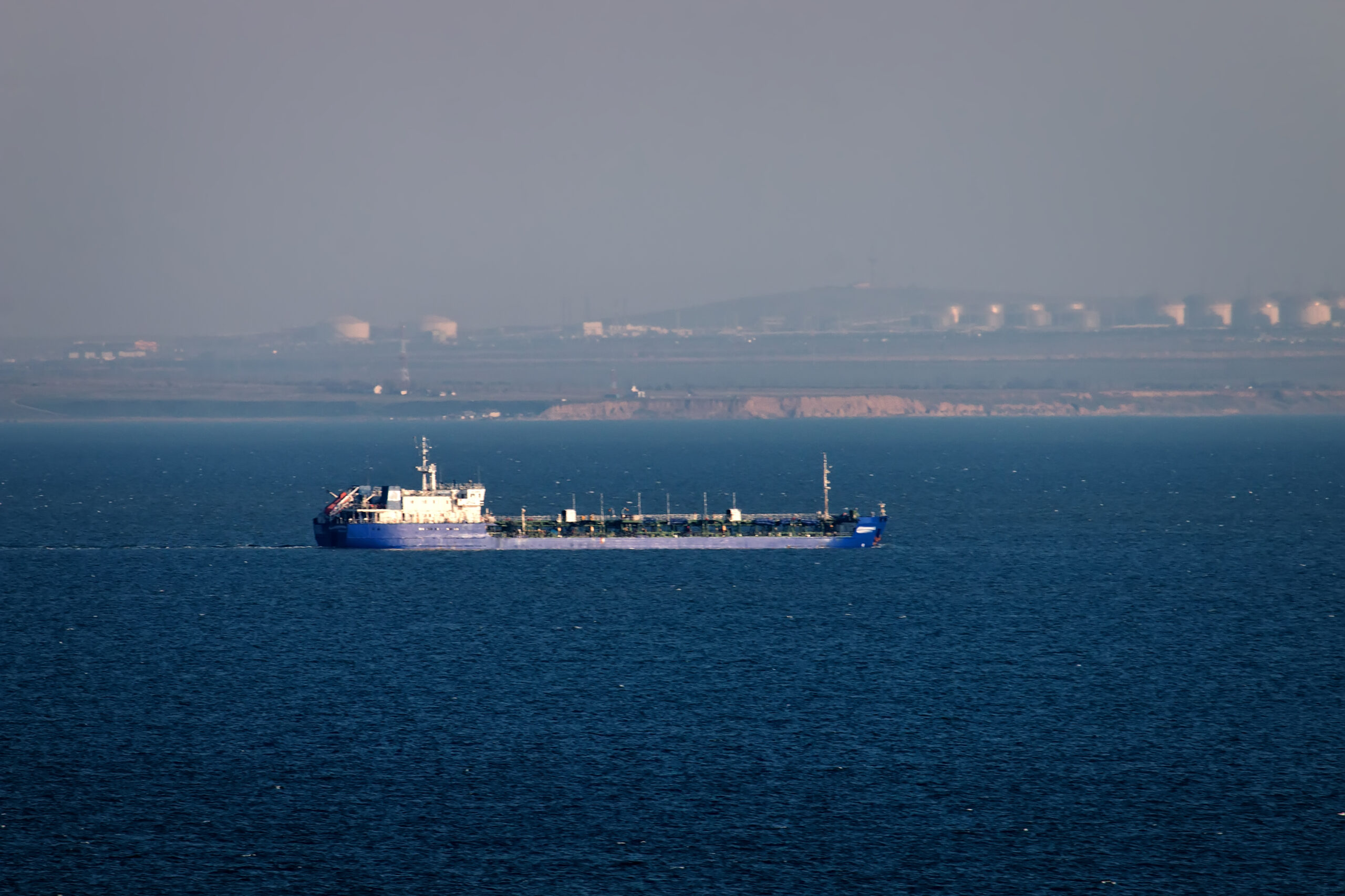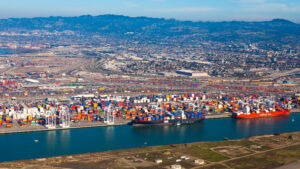The Russian government confirmed it has lifted restrictions on exports of diesel fuel that is piped to seaports.
Russia banned exports of gasoline and diesel fuel in late September in order to stabilise the domestic market.
“The restrictions are temporary and will begin on September 21 from the date of its official publication,” Kremlin said at the time.
However, most of the restrictions were lifted few weeks later, as “have served their purpose.”
Kremlin noted that the resolution was made to prevent excessive storage and a subsequent decrease in production at major refineries that produce environmental class 5 diesel fuel, and ensure proper domestic market supply.
“Simultaneously, to ensure supplies to the domestic market, at least half of the produced diesel fuel must go to the domestic market which will sustain the operational capacity of refineries that are too big to fail and motivate companies with a history of higher export shares to supply the domestic market with the motor fuels,” Moscow’s statement said.
Meanwhile, the ban on exporting automotive gasoline and diesel fuel via rail remains in effect to keep domestic market supply uninterrupted, and to prevent wholesale price hikes.
Russia’s First Deputy Energy Minister Pavel Sorokin said that a protective duty on fuel exports from Russia was being considered as a potential measure to stabilize the market, but how to compensate refineries was not yet resolved.
Earlier, the Deputy Prime Minister Alexander Novak attributed the hike in wholesale fuel prices to an increase in prices for petroleum products on global markets, as well as to depreciation of the ruble against the dollar.
Moscow has been racing to plug the holes in its balance sheet and direct as much funding as possible toward its stalled war in Ukraine.



